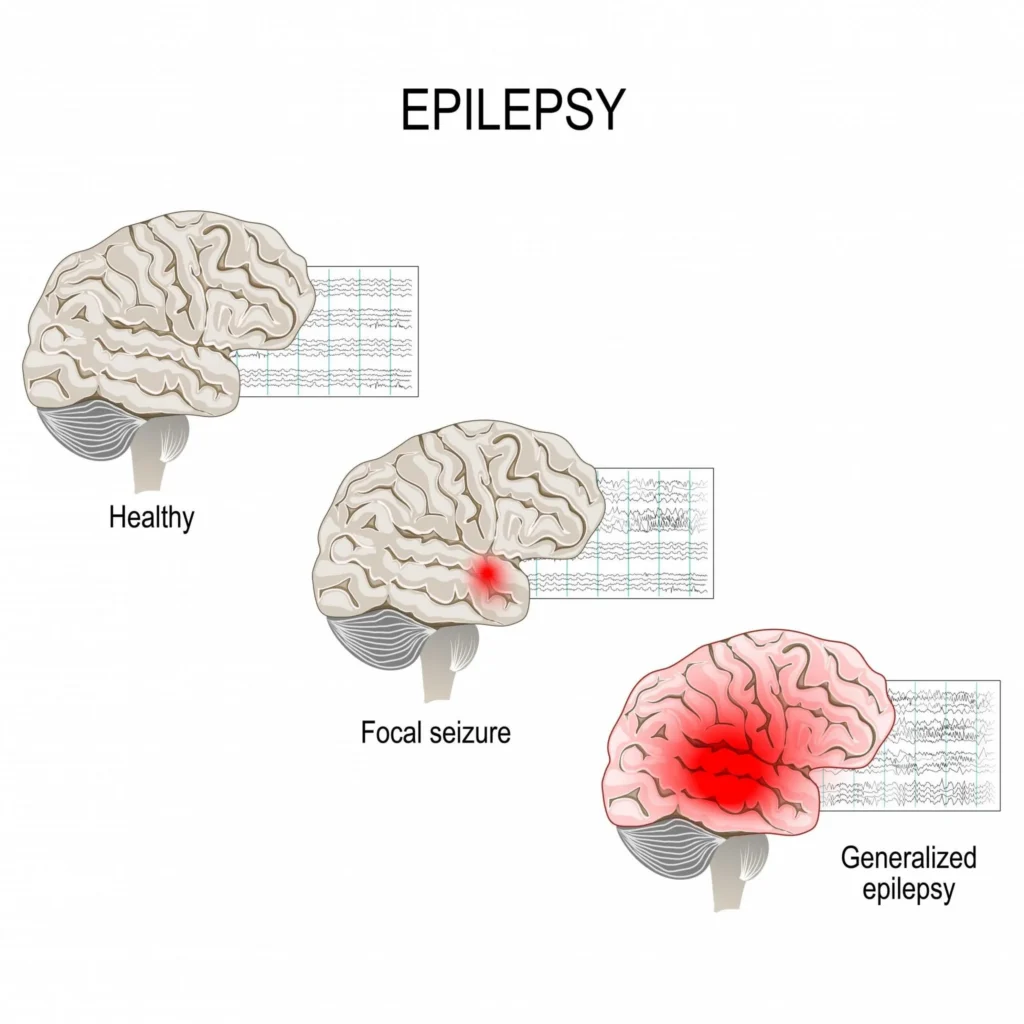The ketogenic diet has been used for decades to help manage epilepsy, particularly in children who have drug-resistant seizures. But how exactly does this high-fat, low-carb diet work to reduce seizures?
The ketogenic diet is a high-fat, low-carbohydrate diet that forces the body to burn fats instead of carbohydrates for energy. When the body is in a state of ketosis, it produces ketones, which are used as an alternative fuel source for the brain. This shift in energy metabolism is believed to have a beneficial effect on brain function and may help reduce the frequency and severity of seizures.
The exact mechanism by which the ketogenic diet reduces seizures is still not fully understood, but there are several theories that have been proposed. One theory is that ketones have a direct anti-seizure effect on the brain. Ketones are thought to inhibit the release of excitatory neurotransmitters, such as glutamate, which can trigger seizures. Ketones may also enhance the production of inhibitory neurotransmitters, such as GABA, which help to dampen brain activity and prevent seizures.
Another theory is that the ketogenic diet reduces inflammation in the brain, which can be a trigger for seizures. By reducing inflammation, the ketogenic diet may help to stabilize brain function and reduce the likelihood of seizures.
Additionally, the ketogenic diet has been shown to improve mitochondrial function in the brain. Mitochondria are the energy-producing organelles in cells, and dysfunction in these organelles has been implicated in epilepsy. By improving mitochondrial function, the ketogenic diet may help to restore normal brain function and reduce the risk of seizures.
While the exact mechanism of action of the ketogenic diet in reducing seizures is still not fully understood, clinical studies have shown that it can be an effective treatment for epilepsy, particularly in cases where medications have failed to control seizures. In fact, some studies have found that up to 50% of children with drug-resistant epilepsy experience a significant reduction in seizures on the ketogenic diet.
In conclusion, the ketogenic diet appears to work to reduce seizures in epilepsy by altering brain metabolism, reducing inflammation, and improving mitochondrial function. While more research is needed to fully understand the mechanisms behind its anti-seizure effects, the ketogenic diet has proven to be a valuable tool in the management of epilepsy and offers hope for those who have not found relief with traditional treatments.
